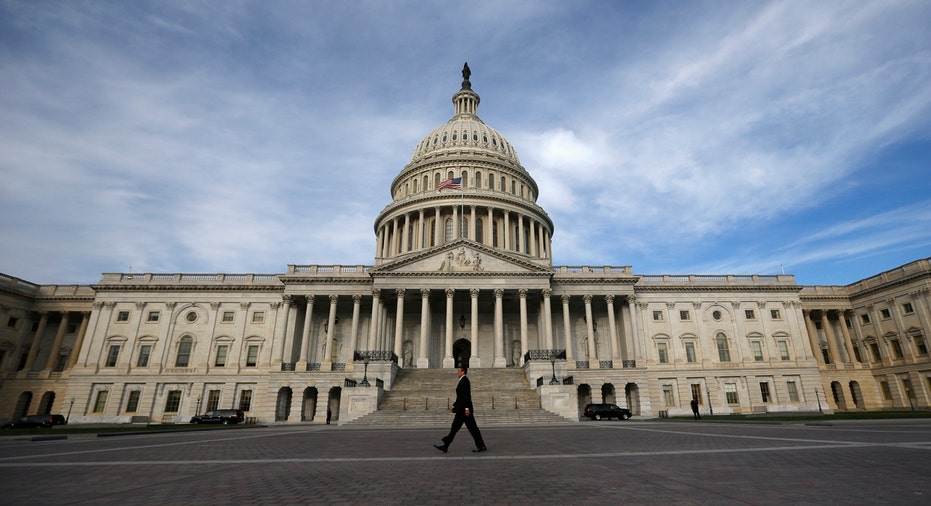Lawmakers Take Aim at Part of Dodd-Frank Legislation

Two senior U.S. lawmakers unveiled legislative plans on Monday to scrap a rule devised under the 2010 Dodd-Frank financial reform law requiring publicly-traded mining, oil and gas companies to disclose payments they make to foreign governments.
Michigan Republican Bill Huizenga, who chairs the House of Representatives Financial Services subcommittee on capital markets, and Oklahoma Republican James Inhofe, chairman of the Senate Environment Committee, took aim at the U.S. Securities and Exchange Commission's so-called "resource extraction" rule, saying it makes it harder for U.S. energy companies to compete.
They introduced measures to ax the rule using the Congressional Review Act, which allows Congress to stop recently adopted regulations through a simple majority vote. Republicans this week are expected to undo five Obama-era regulations. The full Republican-led House on Wednesday will vote to kill all the regulations and then send them to the Senate, also controlled by Republicans.
The SEC rule is championed by human rights organizations who say disclosure of payments to foreign governments by companies like Exxon Mobil Corp and Chevron helps fight corruption.
"There is absolutely no benefit to nullifying this common sense law unless your objective is to make it easier for corrupt elites to steal money," said Isabel Munilla who studies extraction policies for anti-poverty group Oxfam.
But the U.S. Chamber of Commerce and other industry groups have long opposed it, saying it hurts U.S. companies without providing investors with meaningful, material information.
Industry groups successfully beat back the rule a few years ago and the SEC was forced to go back to the drawing board. Then, Oxfam accused the regulator of dragging its feet on a new draft.
A federal judge ordered the SEC to fast-track the rule in 2015, and the agency issued a final version last summer set to take effect in 2018.
"The SEC continues to propose a resource extraction rule that is overly burdensome, puts U.S. companies at a competitive disadvantage, and fails to provide investors with useful information," Huizenga said.
The House Financial Services Committee's senior Democrat, Maxine Waters, said killing the rule "is undoubtedly another conflict of interest on account of Trump and his cronies."
President Donald Trump's Secretary of State nominee Rex Tillerson headed Exxon when it fought the drafting of the rule, Waters said. She added the regulation would identify oil companies with financial ties to countries that have been hostile to the United States, such as Russia.
(Reporting by Sarah N. Lynch; Editing by Tom Brown and Diane Craft)



















